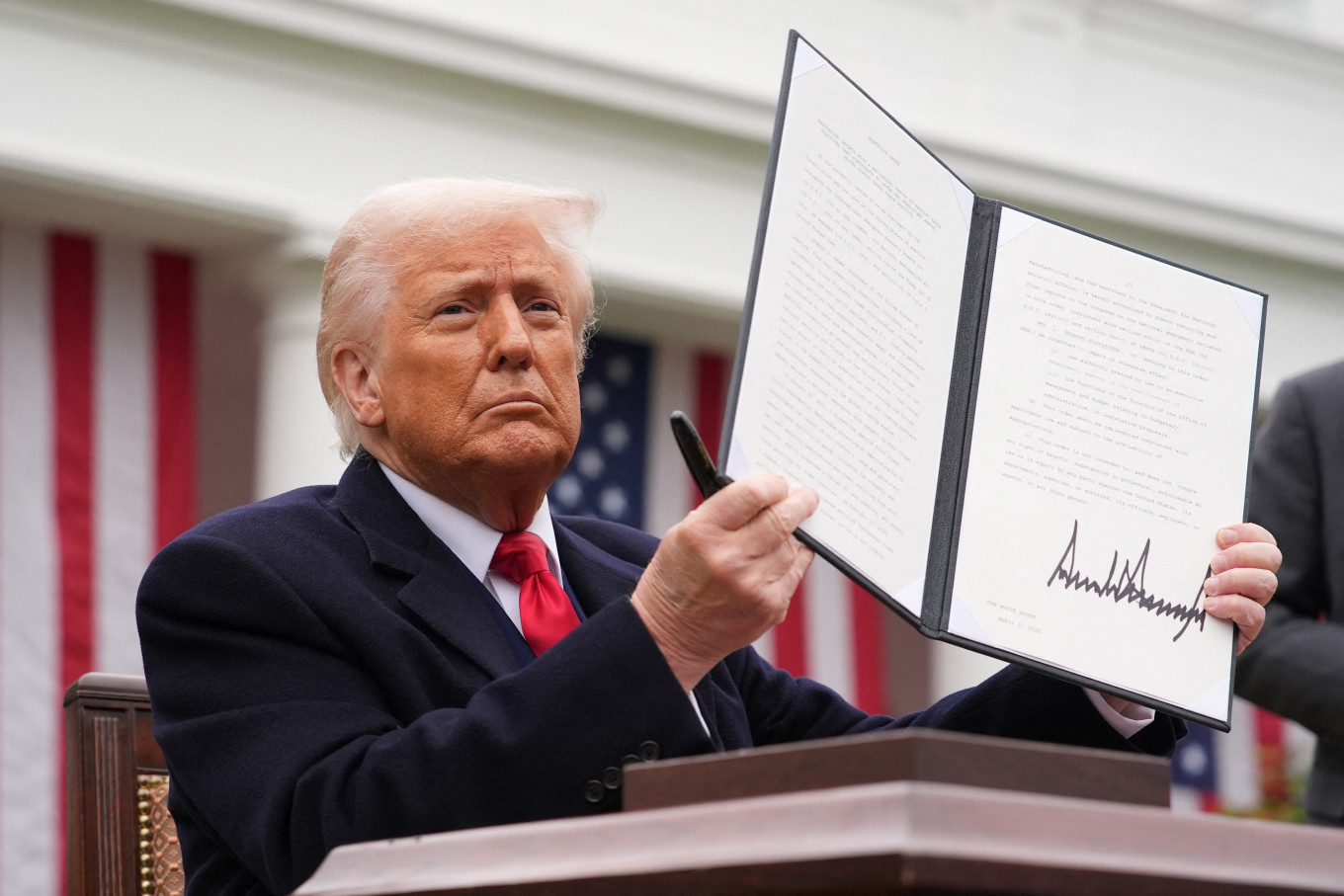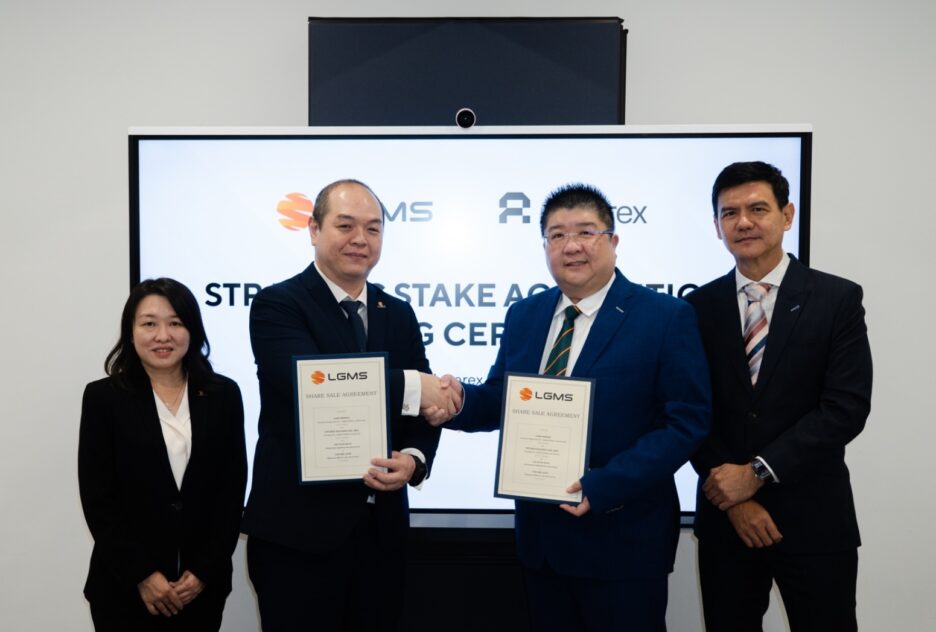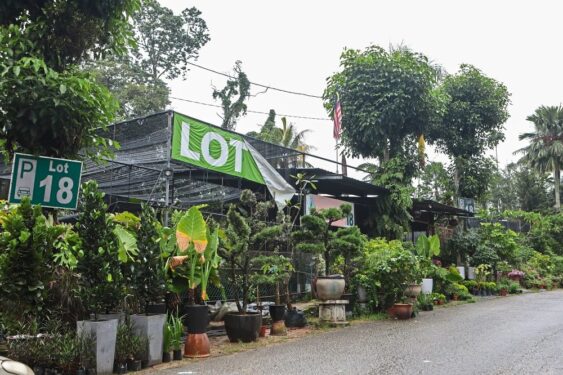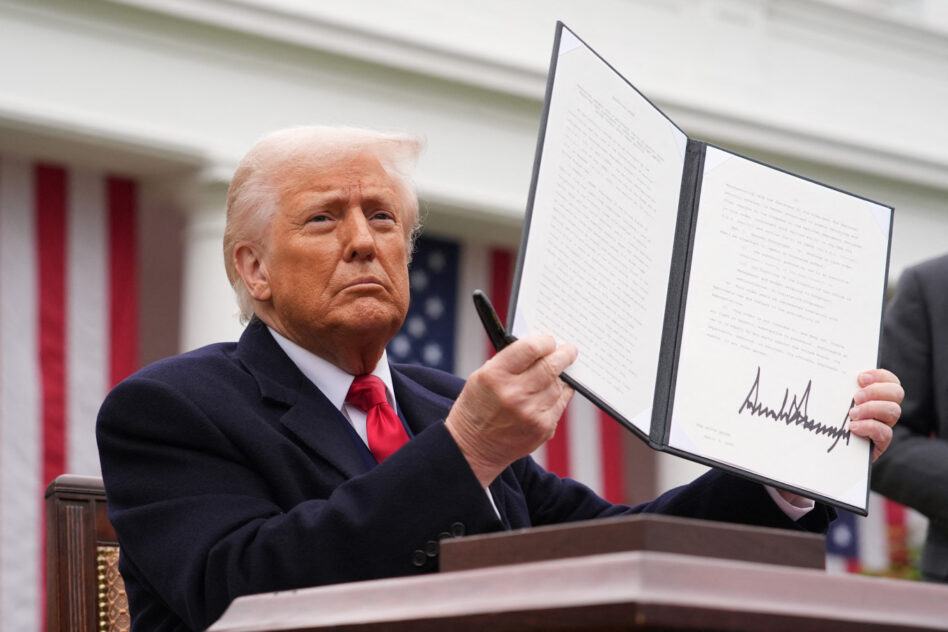THE Small and Medium Enterprises Association (SAMENTA) has expressed deep concern over the decision by the United States (US) government to impose a 25% tariff on Malaysian exports.
Its national president Datuk William Ng said this tariff action, effective Aug 1, is a serious threat to Malaysia’s trade competitiveness and industrial base, especially for export-oriented small and medium enterprises (SMEs) that form the backbone of the nation’s manufacturing ecosystem.
“For SMEs that are significantly exposed to the US market, this is the equivalent of an economic earthquake,” he said in a statement on Wednesday (July 9).
“We acknowledge the government’s continued pursuit of a ‘balanced and mutually beneficial’ trade resolution with Washington, but we need urgent and coordinated action to cushion the impact on impacted SMEs.”
Ng further expressed hope that Putrajaya will expedite the roll-out of previously announced targeted support measures, particularly the government guarantee allocation under the Business Financing Guarantee Scheme (SJPP) by RM1 bil, the RM500 mil in soft loans via development financial institutions, and the RM50 mil boost to MATRADE, saying these initiatives must be delivered quickly and with minimal red-tape.
“More importantly, these relief measures must be extended to domestic, non- exporting businesses. The anticipated tailwinds from subdued exports and weaker domestic demand will affect the services sector in equal intensity,” he stressed.
“In particular, we urge the government to pause all new and planned cost increases on SMEs, including the proposed rationalisation of petrol subsidy and incremental fees proposed by various agencies and local councils.”
As labour shortages remain one of the most pressing challenges, particularly in the services sector, SAMENTA also urged the government to urgently review and ease restrictions on the hiring of foreign workers in sectors such as food services, tourism and logistics.
“With our export momentum set to face headwinds, supporting our service-based SMEs to absorb the slack will be crucial in maintaining our economic resilience,” he added.
Ng went on to note that Malaysia’s headline economic growth often masks deeper structural weaknesses within the SME sector, and the real paradox is the country’s ability to register macro-level gains while most SMEs remain trapped in low-margin, low-scale operations squeezed by rising costs, regulatory pressures, and now, geopolitical shocks.
“The imposition of US tariffs is a stark reminder of the urgent need to recalibrate our economic model to prioritise the long-term viability and competitiveness of our 1.5 million SMEs, with the creative and service economy at the heart of it,” he remarked.
“SAMENTA remains fully committed to working hand-in-hand with the government to support all SMEs directly or indirectly affected by the tariff.”
In a letter addressed to His Majesty Sultan Ibrahim, King of Malaysia and posted on US president Donald Trump’s Truth Social platform, Trump said Malaysia’s current trade policies had made its trading relationship with the US largely one-sided and non-reciprocal.
Trump also described the rate as “far less” than what is needed to eliminate the country’s trade deficit with Malaysia.
The rate is also higher than the 24% initially imposed on certain Malaysian exports to the US, later placed on a 90-day pause that ended yesterday. ‒ July 9, 2025
Main image: AFP/Andrew Hanik









